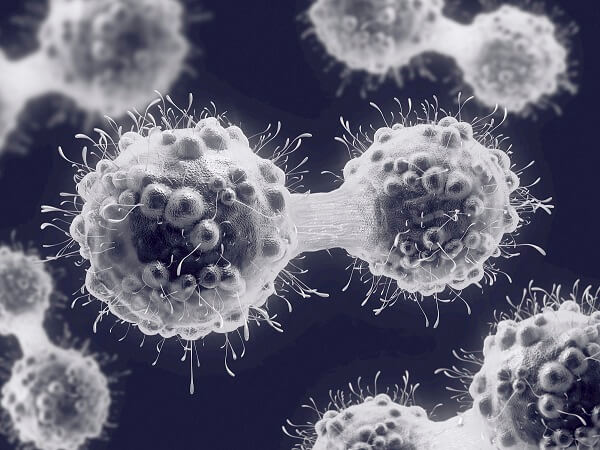By Noor Al-Sibai | Futurism
Doctors working on an experimental cancer treatment were heartened when every single patient in a small trial went into remission, their cancer becoming undetectable.
Published in the New England Journal of Medicine, the paper that resulted from the trial details how all 12 patients who were given the experimental rectal cancer treatment went into remission without having chemotherapy.
“I believe,” Memorial Sloan Kettering (MSK) Cancer Centre scientist Luis Diaz Jr told the New York Times, “this is the first time this has happened in the history of cancer.”
As an MSK press release about the study describes, study participants were treated to an incredible surprise when, after undergoing six months of the experimental immunotherapy treatment, they learned from their doctors that they were in remission.
The first patient, named Sascha, was preparing to travel to New York to have radiation therapy when she got the call from her oncologist, Andrea Cercek, who said the patient was “stunned and ecstatic” at the news.
“It’s incredibly rewarding,” Cercek said in the press release, “to get these happy tears and happy emails from the patients in this study who finish treatment and realize, ‘Oh my God, I get to keep all my normal body functions that I feared I might lose to radiation or surgery.'”
The MSK doctors behind the study wanted to investigate whether immunotherapy alone could treat cancer, but they never expected it to work this well — and especially could not have foreseen that none of the 12 people in the initial trial had adverse reactions to the drug, known as dostarlimab.
Dostarlimab is a checkpoint inhibitor, which “releases the brake on an immune cell, freeing it to recognize and attack cancer cells,” according to the team.
The finding is intriguing, but unlikely to represent a miracle cure. As the NYT cautioned, an average one in five people who take drugs like dostarlimab have an allergic reaction, and as many as 3 to 5 percent have severe reactions that include muscle weakness and trouble chewing and swallowing.
Dr. Alan Venook, a University of California, San Francisco colorectal cancer specialist who wasn’t involved in the study, told the NYT that the lack of side effects means that “either they did not treat enough patients or, somehow, these cancers are just plain different.”
Venook is not alone in his caution about the results. The trial was small, with only 12 participants, and has yet to be replicated.
In an editorial published in the New England Journal of Medicine in tandem with the initial study, Dr. Hanna Sanoff, a gastrointestinal medical oncologist at the University of North Carolina who was also not involved in the study, wrote that the “small but compelling” trial needs more time before doctors can fully understand the results.
“Very little is known,” Sanoff wrote, “about the duration of time needed to find out whether a clinical complete response to dostarlimab equates to cure.”
All the same, these unprecedented results are clearly pretty exciting for doctors and patients alike.
* * *
10 Foods That PREVENT & KILL CANCER
READ MORE: First Patient Injected With Experimental Cancer Killing Virus In New Clinical Trial
More Immunotherapy: Eat These Foods To Starve Cancer Cells To Death

